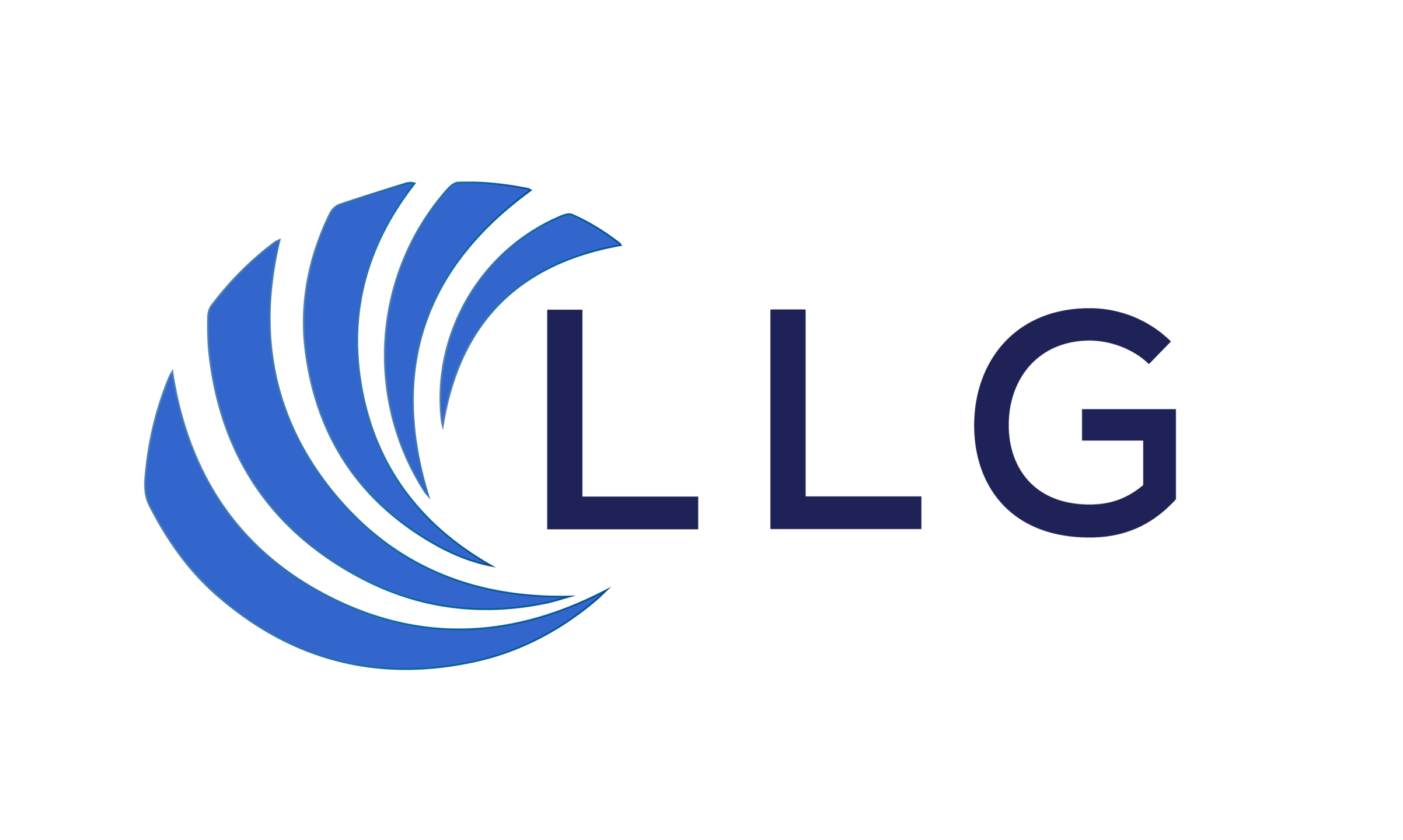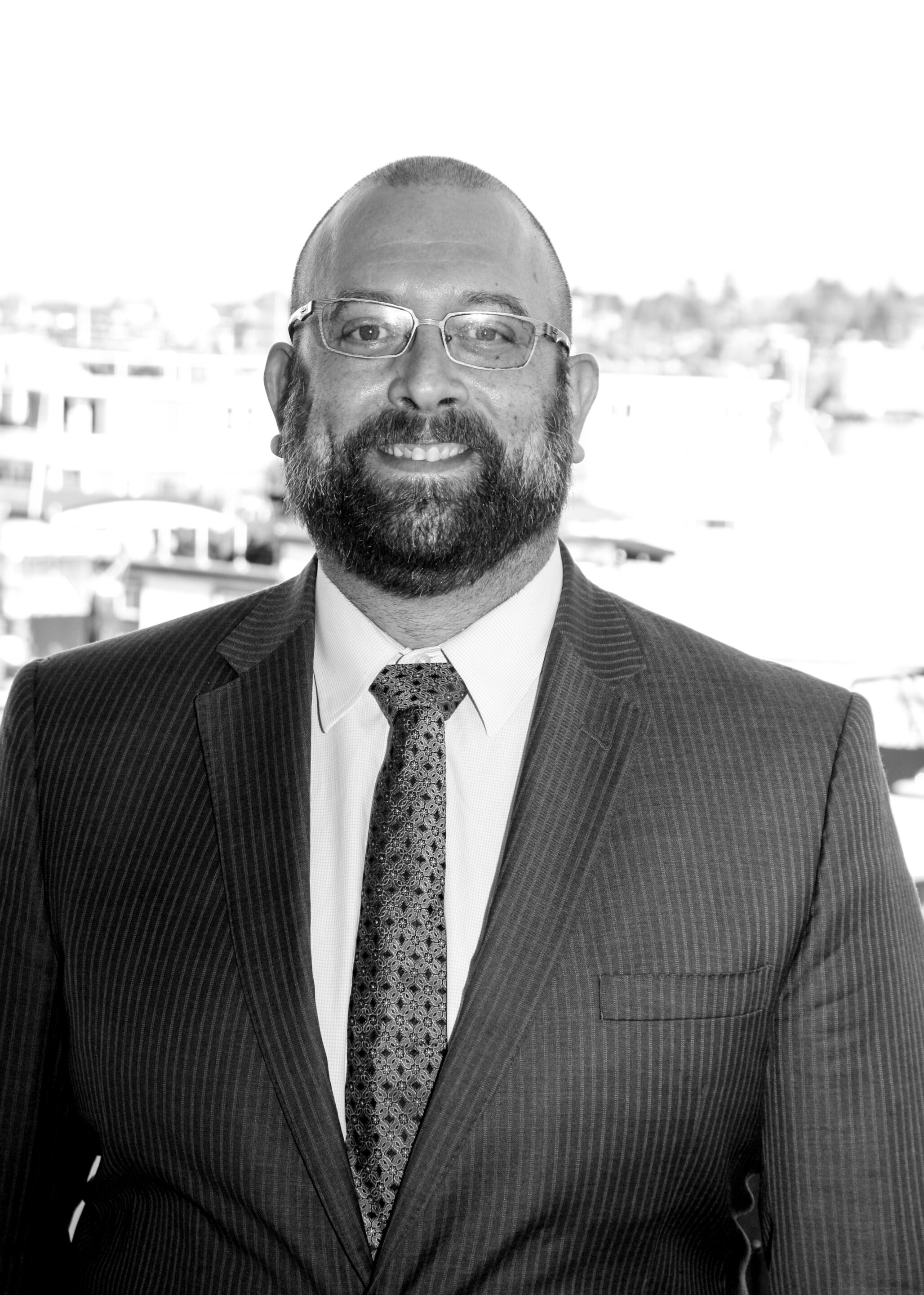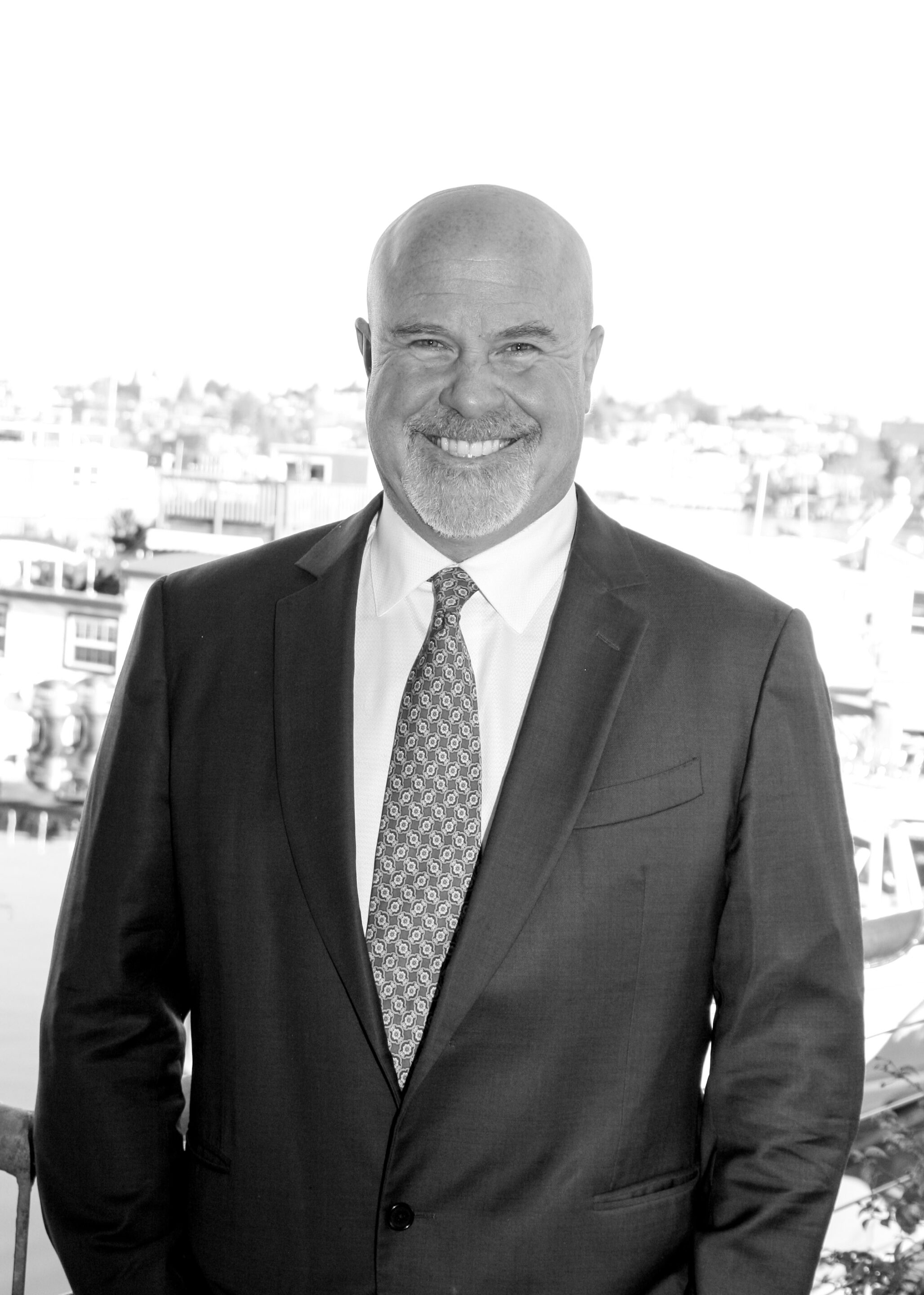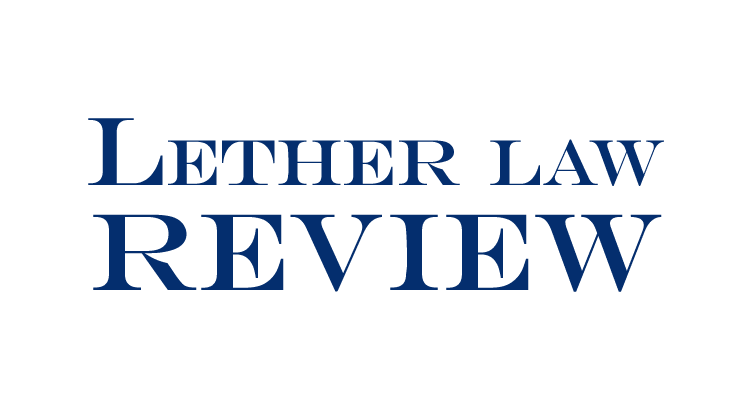Thanksgiving and a Cornucopia of Potential Insurance Claims
Thanksgiving is a time to spend with family and friends and celebrate all that we are thankful for. It is also a time for a cornucopia of potential insurance claims. Thanksgiving-related insurance claims can run the gamut from auto accidents, to slip-and-falls, fire losses, and even business losses.
This year, it is estimated that 54.6 million people will travel more than 50 miles for their Thanksgiving celebrations, which greatly increases the risk of an auto accident or other travel-related insurance claim. In addition, the National Fire Protection Association (“NFPA”) has noted that Thanksgiving is the leading day of the year for home cooking fires in the United States.[1] In fact, the NFPA has reported that home cooking fire reports increase over 200% on Thanksgiving Day versus the daily average for the rest of the year.[2]
Increased risks of insurance claims are also not limited to homeowners and/or auto claims and the risks do not end on Thanksgiving Day. Millions of Americans will also venture out on Black Friday to take advantage of the many deals that can be found on the biggest shopping day of the year. This leads to increased exposure for businesses from parking lot accidents, slip-and-falls, miscellaneous property damage, and theft.
The increased number of losses over the Thanksgiving Weekend also results in an uptick in insurance claims under auto policies, homeowners policies, and business insurance policies. This means that insurers need to be ready to staff and handle a potentially large volume of new claims, both first-party and third-party, in the days and weeks surrounding the Thanksgiving Holiday.
With these increased risks in mind, the Lether Law Group Family encourages everyone to use extra caution as you enjoy time with family and friends and/or as you venture out on Black Friday.
If something unexpected should occur or if you need advice for post-Thanksgiving-related insurance claims, please keep in mind that the attorneys at Lether Law Group have over 33 years in combined experience in advising insurers and defending first and third-party claims. This includes providing coverage advice and defending large property losses, catastrophic accident injuries, and other spontaneous and unexpected claims. Please feel free to contact us at any time if you would like to discuss any Thanksgiving-related claims or any other matter.
[1] NFPA urges extra caution when preparing your feast this Thanksgiving, by far the leading day of the year for U.S. home cooking fires
[2] NFPA Keep everyone safe from fire hazards this Thanksgiving | NFPA




